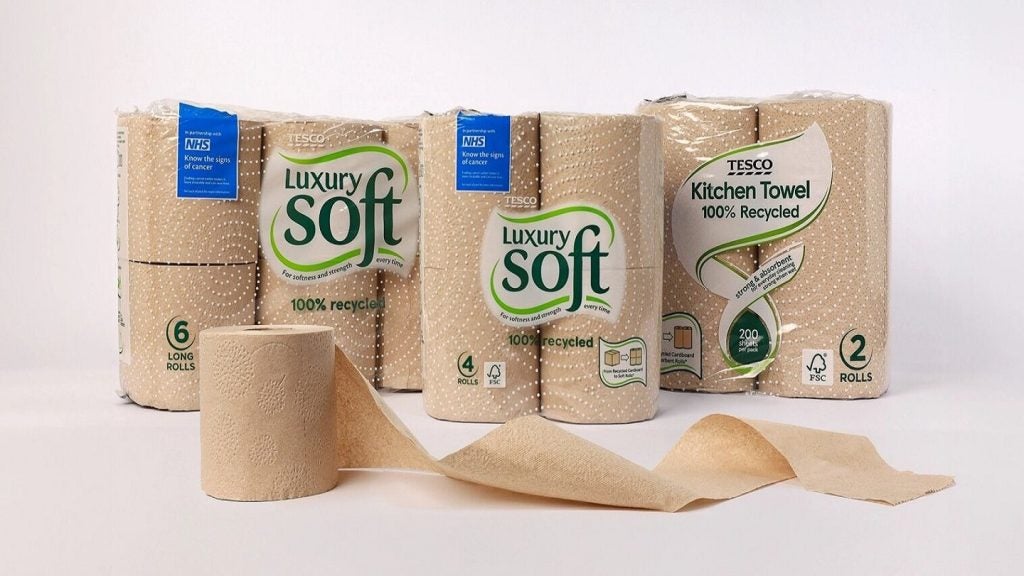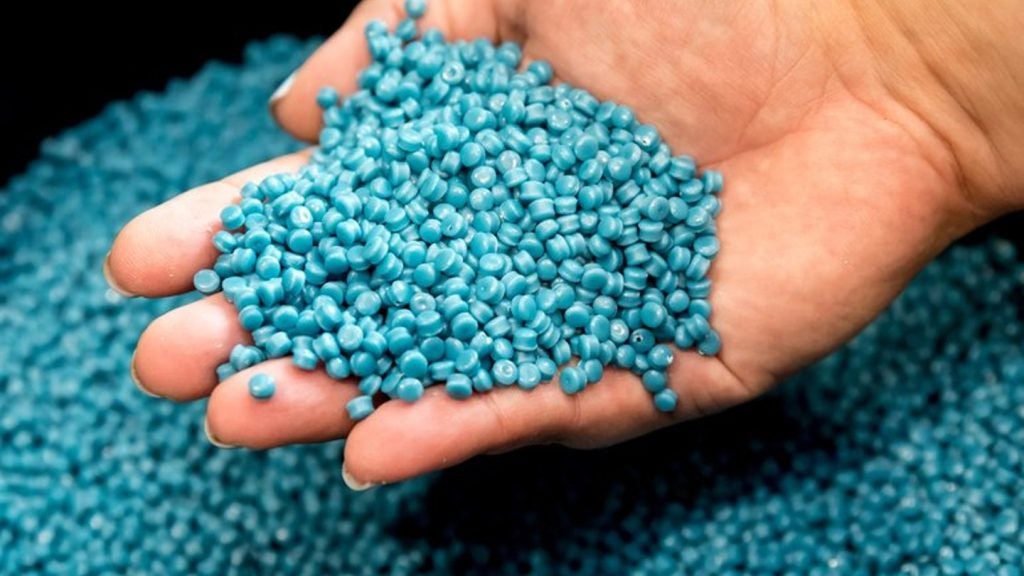The European Commission has released a draft regulation proposing a ban on BPA and other bisphenols in food contact materials (FCMs).
The proposed draft suggests imposing a ban on BPA in varnishes and coatings, as well as professional production equipment within 36 months and 18 months for all other uses.
Exemptions are proposed for specific uses such as the disodium salt of BPA, which is used in the manufacture of polysulfone resins for plastic food contact membranes through the amendment to Regulation (EU) No 10/2011 on plastic FCMs.
However, the disodium salt of BPA can only be used if its migration into food is undetectable.
The European Commission draft also provides exemptions for the continued use of BPA in the synthesis of the starting substance BADGE for heavy-duty varnishes and coatings on large containers with a capacity of more than 250 litres, with strict conditions on BPA migration into food.
Additionally, the proposal allows for a decade-long transition for long-life products such as processing gaskets.
The draft further acknowledges the challenges of eliminating BPA contamination in FCMs made from recycled products, stating that a total ban is neither practical nor proportionate.
Instead, it calls for monitoring and reporting of unintentional BPA presence at the EU level. This approach aims to balance safety concerns with the realities of recycling processes.
Moreover, the draft regulation seeks to restrict all other bisphenols in FCMs, requiring them to undergo risk assessments and authorisation to ensure they do not endanger human health.
This aligns with existing procedures for plastic FCMs under current EU regulations.
The latest regulatory move follows the European Food Safety Authority's updated scientific opinion, which deemed current dietary exposure to BPA as unsafe, prompting a significant reduction in tolerable daily intake.
The draft is currently open for public comment until 8 March 2024, with stakeholders invited to track this and other regulatory developments on the Food Packaging Forum's (FPF) website.
As per the information provided by the FPF, the restriction on bisphenols is anticipated to take effect between late 2025 and early 2026.















